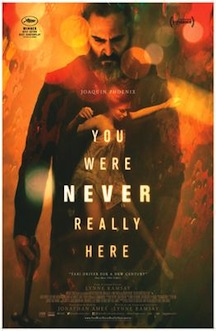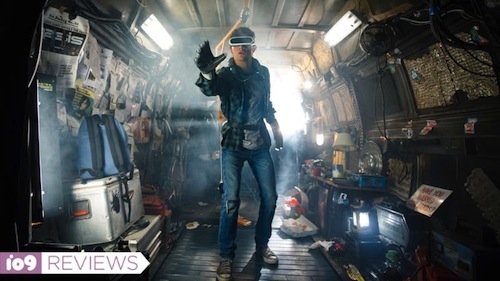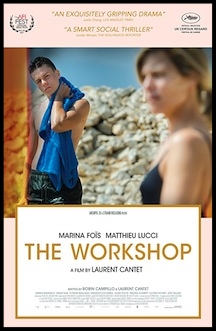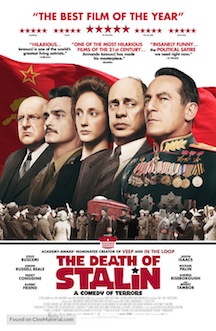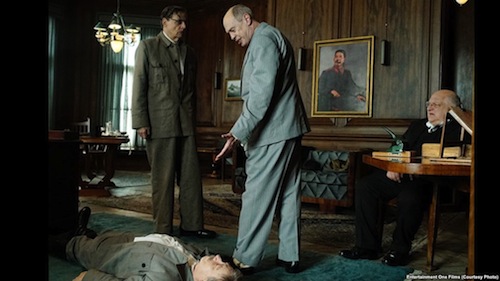Directed by Daniel Jerome Gill
Country: UK
Debutant director Daniel Jerome Gill snatched the title from Blur's second album of originals, “Modern Life Is Rubbish”, but, unlike the British rock band, was unable to find the originality to elevate this romantic comedy to higher standards. The film, an expansion of his 2009 short film of the same name, was written by Philip Gawthorne and stars Josh Whitehouse and Freya Mavor as a romantic couple whose uncontrollable passion for Blur’s music reinforced their mutual attraction for ten years.
Liam (Whitehouse) is a London vocalist/guitarist and songwriter who struggles to take his rock trio, Head Cleaner, to the place they deserve. Natalie (Mavor) is a sympathetic graphic designer who loves CD covers, sharing the same musical tastes of her boyfriend.
Sounds awesome, right? Yet, the film doesn’t kick off with a happy couple. The first minutes show how painful a separation can be, and how different a man and a woman react to the situation. While Liam keeps simulating indifference, the visibly upset Natalie literally shed tears out of frustration and disappointment. This is all about priorities in life. More mature, she wants to raise a family, progress in her career, and have a comfortable life, willing to make sacrifices now for a better future. In turn, he has no idea of what’s going on, panics with the idea of a regular job, and blames the society for all his impasses and failures.
Things get out of hand when Liam appears drunk in the gallery where Natalie had been assigned for a presentation, jeopardizing her work. Tactless and petulant, the musician amuses himself in a furious yet stagy scene that leads to the rupture.
Embracing a dull nostalgia, the good moments of the past are reconstructed through several flashbacks, which emerge surrounded by the light glare of Tim Sidell’s cinematography and a few decent indie rock songs, two positive aspects of the film.
As for the rest, everything remains unimaginative, unfunny, and formulaic, in an absurd attempt to compensate the tedious musical part with the insipid romance and vice-versa. It’s a groundless, vicious cycle aggravated by monotonous lines and clichéd postures. Not even the experienced Ian Hart (“Liam”, “Michael Collins”, “Backbeat”), as the band’s stylish yet demanding manager, could prevent this song from playing wrong jarring chords.













